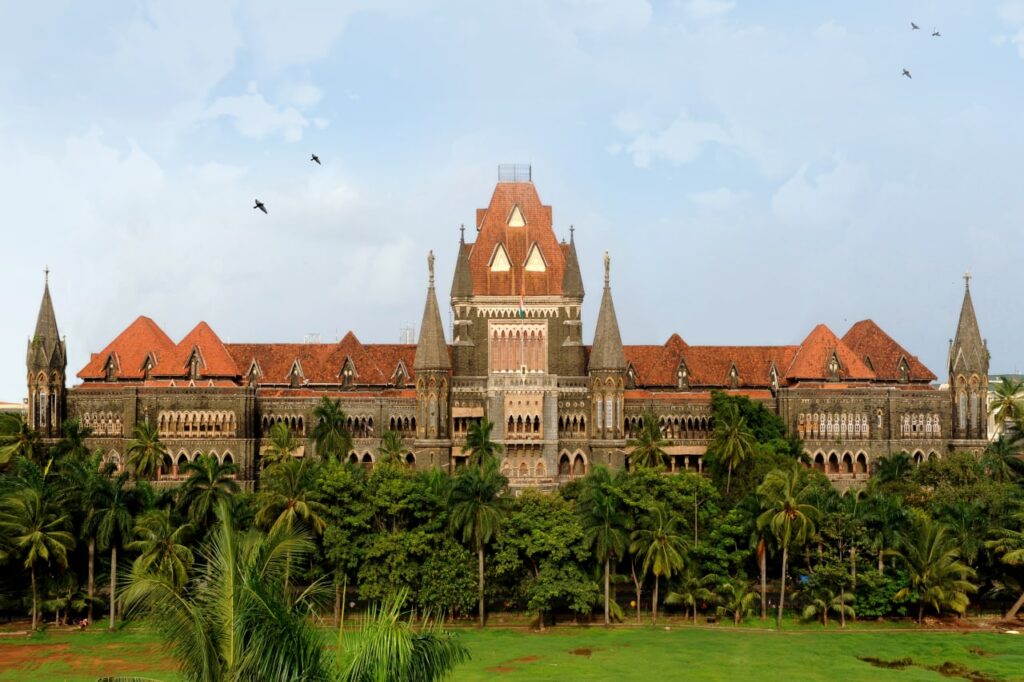The Bombay High Court stated that if the NDPS Act is not properly enforced, it will harm society and the younger generation.

The Bombay High Court stated that if the Narcotic Drugs and Psychotropic Substances Act, 1985 (NDPS Act) is not properly enforced, it will harm our society and the younger generation. This comment came from the Nagpur Bench during two Criminal Appeals against a ruling by the Additional Sessions Judge, who convicted the accused under Section 8(c) and Section 20(c) of the NDPS Act. Justice G.A. Sanap noted that as time goes on, issues in drug trafficking and abuse have become more apparent, highlighting flaws in current laws. Drug trafficking and abuse are serious challenges for governments. He emphasized that narcotic drugs are a threat to society, and it is essential for everyone involved to implement the NDPS Act diligently. If the Act is not enforced effectively and drug use increases, it will undermine our society and harm the youth, who are the future of the nation.
The Bench also pointed out that a national survey shows the average age of the Indian population is between 30 and 35. If drug use continues unchecked, it will negatively impact the younger generation and society as a whole. It urged all parties involved in combating drug trafficking to take decisive action. Senior Advocate A.S. Mardikar and Advocate K.H. Anandani represented the Appellants, while APP A.M. Joshi represented the Respondents.
An FIR was filed, and according to the prosecution, the Police Inspector received secret information that two individuals in the Police Station’s area were selling ‘Ganja’ stored in a hut. When searched, the accused stated they had no issue with the search being conducted in front of a Gazetted Officer. The hut was examined, and the Police discovered a sack containing 18 plastic packets, which they confirmed held Ganja. The total weight of the Ganja was 39 kgs. The Judge found the accused guilty and sentenced them to 12 years of rigorous imprisonment and a fine of Rs. 1,20,000 each. Dissatisfied with the verdict, they appealed to the High Court. The High Court noted that the NDPS Act is a specific law for regulating narcotic drugs and psychotropic substances, succeeding older laws like the Opium Act of 1857 and the Dangerous Drugs Act of 1930.
The Court also stated that whether a retrial or additional evidence is needed depends on the specific facts of each case. It emphasized that the pursuit of justice should guide the Court’s decisions. If the Court finds a failure of justice, it must use its powers accordingly. Referring back to the case, the Court highlighted the Judge’s responsibility to carefully consider the admission of the CD as evidence based on relevant information.
The evidence in this case was not recorded correctly. The prosecution also did not examine the CA. There is no valid reason given for not examining the CA. The Court believed that a retrial would be the best choice for both the Appellants and the prosecution. It is important to mention that two accused individuals have been found not guilty. Accused No. 4 owned the vehicle that the prosecution claimed was used to transport ganja from Andhra Pradesh to Borva. As a result, the High Court partially accepted the Criminal Appeals, canceled the previous Judgment, and sent the case back to the Trial Court.
Cause Title: Kailas S/o Bajirao Pawar v. The State of Maharashtra (Neutral Citation: 2024:BHC-NAG:12568)
Appearance:
Appellants: Senior Advocate A.S. Mardikar, Advocats K.H. Anandani, Ved Deshpande, D.P. Singh, Bhavin Suchak, V.D. Ruparelia, and M.B. Sharma.
Respondents: APP A.M. Joshi








